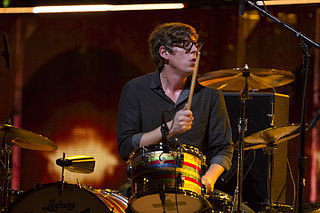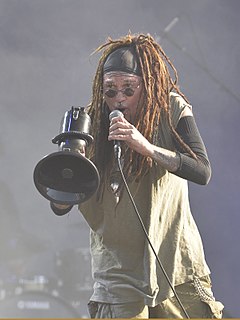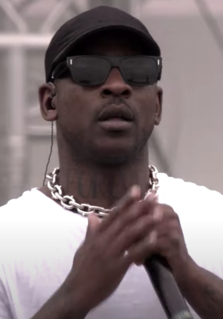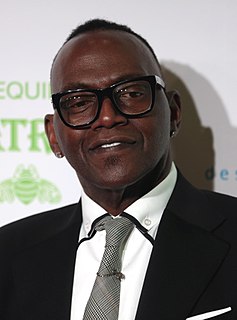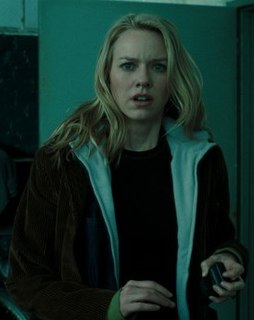A Quote by Keren Woodward
The record label used to try and make us do stuff, like dance, and we'd say, nah, not doing that.
Related Quotes
In theory, when you're working with a record label, you're just borrowing their money. And that's basically how the record industry works, right? It's like, you borrow $100,000 from a record label, so you don't make any money until you make back that money for them. In theory, they have you held hostage, so you've got to do every little stupid thing that they want you to do.
The label's going great, because we're not idiots. We're not trying to sue everyone that downloads everything. We try to give the fans a bunch of free stuff, and then have them buy the record. Without buying the record, it doesn't support your artist. These idiots like Radiohead and Sharon Osbourne that are like, "Free Ozzfest!", "Pay what you can for a record!" - Radiohead's already got their yachts and mansions. Sharon Osbourne already has her empire.
I love the way I make hip-hop and I refuse to make pop-rap. I don't refuse to make mainstream music, which is why I did a soul record. There was no reason why soul music couldn't get played on the radio and I still wanted to have a relationship with my record label. So, I really enjoyed doing the Strickland Banks album. But there's no point in my trying to release underground hip-hop music on a major label. That part of my talent, or part of my art, had to live somewhere else and feature film was the perfect vehicle for it.
Every label thinks, when they sign someone, 'This is the perfect pedigree to sign. They're cute, they can sing, they can dance, et cetera.' And they say to the public, 'Here, this is what you're gonna like.' But you might say, 'No, I don't like that!' You'll probably say 'no' many more times than you'll say 'yes!'
Every label thinks, when they sign someone, 'This is the perfect pedigree to sign. They're cute, they can sing, they can dance, et cetera.' And they say to the public, 'Here, this is what you're gonna like.' But you might say, 'No, I don't like that!' You'll probably say 'no' many more times than you'll say 'yes!
I think teenagers just don't have the persistence to pretend to like something they don't anymore. I used to do that - make myself like stuff that didn't immediately appeal to me. When you're 17 and checking out John Cage records from the library. It's not like it's got the hooks of a Ramones record, or a Beach Boys record. But at the same time, you're like, I know there's something in here that I'm supposed to understand. And then eventually you find it.



